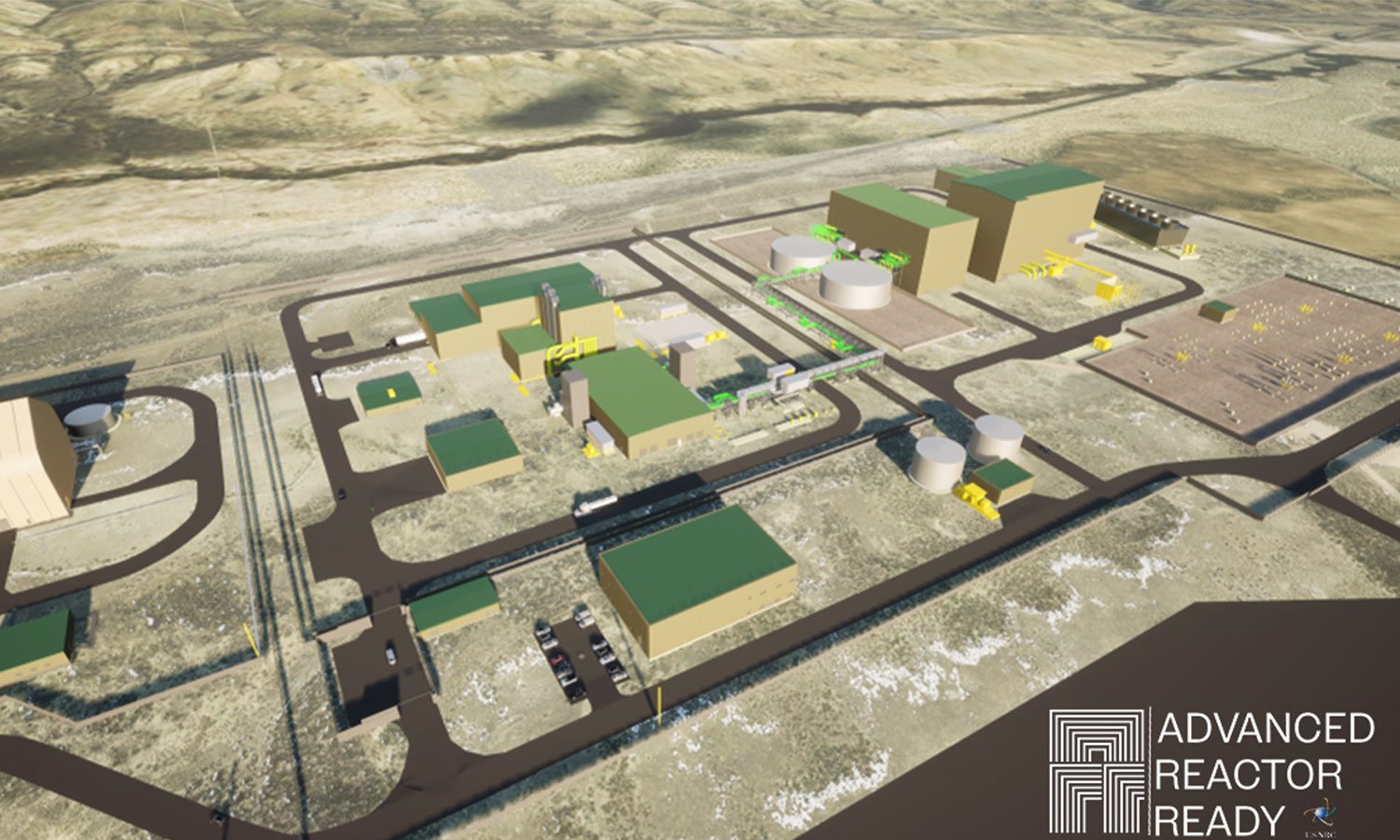A realistic understanding of their costs and risks is critical.
What are SMRs?
-
SMRs are not more economical than large reactors.
-
SMRs are not generally safer or more secure than large light-water reactors.
-
SMRs will not reduce the problem of what to do with radioactive waste.
-
SMRs cannot be counted on to provide reliable and resilient off-the-grid power for facilities, such as data centers, bitcoin mining, hydrogen or petrochemical production.
-
SMRs do not use fuel more efficiently than large reactors.
[Edit: If people have links that contradict any the above, could you please share in the comment section?]
The economic advantage of SMRs is that when you make reactors in a location, the 1st is always more expensive than any following reactors. Just a reality of construction, permits, designs, etc. So if you have 4 reactors in one place, that’s pretty nice. They also have the advantage of being able to turn one off for maintenance and then having 2, 3, 4 other reactors in the same vicinity that can pick up the slack for the duration.
As for waste, yeah it’s the same problem. But it’s important to note that the volume of material is not that big. The entire volume produced by all us nuke energy ever takes up a football field stacked 10 yards high. All told, that’s a smaller problem than I ever thought.
I’m not a big nuclear advocate, I’m pretty mid on it. This is where I got all of the above information, an interview with the head of the US DOE loan program https://www.volts.wtf/p/nuclear-perhaps?utm_campaign=post&utm_medium=web
The nice thing about nuclear waste is that it kind of just sorts itself out too. I half suspect not knowing what to do with it and kicking the can down the road is sort of the whole point. Nominally it’s pretty easy to deal with nuclear waste, you seal it up somewhere and leave it to not be radioactive any more. The problem is it takes a long time, and we don’t really know how to communicate to anyone 1000 years in the future “there’s nuclear waste here, stay the fuck away”. Making sure it’s an active topic for discussion kind of keeps it at the forefront and means it’s not forgotten about.
I also learned in that interview that after a relatively short period, the aggressive decay is over and you’re left with a barrel of waste that isn’t actually shooting off radiation very often.
None of these points are relevant. Nobody is selling SMRs as better than large-scale plants (at least I hope they’re not). The point of SMRs is that they are much easier to bring in and put down. A huge portion of the world still runs on fossil fuels, often with frequent brownouts or scheduled blackouts. Being able to bring in a RELIABLE non-fossil fuel power plant at a smaller scale would be huge. Distributed solar has some pretty awesome potential for individual households if you don’t care about on- demand power, but you do eventually need something for your denser cities etc.
All these are kinda no brainers, lol. I think we are still going to need nuclear as a baseload power supply where hydro doesn’t work because it’s too dry or flat. We gotta get off “clean coal” and “natural gas” as baseload power. I like sodium reactors and advanced, non-light water designs. Light water has become a political hot potato even though it is far safer than coal plants in terms of number of people hurt or killed by emissions.
As the coal and gas industry has done, advanced designs will need new names like “natural rock” to distance themselves from negative connotations.
I know nothing on the topic, but the points you raise don’t seem relevant to me?
SMRs are not more economical than large reactors.
Yeah, economies of scale mean small things are generally less efficient than big things. This is a criticism of local power generation that applies just as well to wind turbines for example. Nothing to do with this idea really.
SMRs are not generally safer or more secure than large light-water reactors.
Why would anyone expect large power plants to be less safe than this? I’d expect the technology in both to be safe. Tell me if this is safe or not, not if it’s “safer” than large power plants on some ambiguous scale. Rooftop solar is also less safe than commercial solar power plants just due to being located near someone’s living space, but it’s a useless relative comparison.
SMRs will not reduce the problem of what to do with radioactive waste.
That one is the only valid point to me.
SMRs cannot be counted on to provide reliable and resilient off-the-grid power for facilities, such as data centers, bitcoin mining, hydrogen or petrochemical production.
Why not? Seems like they would.
SMRs do not use fuel more efficiently than large reactors.
This is just a repeat of the first point.
Again, I know nothing on this and don’t have an opinion either way. I’m pointing out this seems to be a criticism but only one of the 5 points seems to actually criticize this.




